Partner with QUEST
Do you have business obstacles you’ve been wanting to tackle, but lack the dedicated resources to take them on?
Would you like to find efficient, cost-effective ways to resolve them?
Your QUEST is finally over.
By partnering with the QUEST Honors Program at UMD on a capstone project, you will receive valuable consulting services at a reasonable cost from the top business, engineering, and science students on campus.
Capstone Project Details
For For-Profit Companies
QUEST multidisciplinary teams work with stakeholders and project champions to enhance efficiency and generate revenue by:
- Providing approximately 600 hours of consulting services.
- Engaging in multiple site visits and data collection and analysis.
- Developing actionable and innovative recommendations to an identified organizational challenge.
In the spring of junior year or fall of senior year, QUEST student teams complete capstone projects using the problem-solving skills they’ve learned throughout the program. Project champions from corporate sponsors work with teams during the 13 weeks of the semester and receive innovative recommendations for an identified organizational challenge. Student teams understand the opportunity, research the industry and relevant technologies, develop and evaluate possible solutions, and make final recommendations. Projects and sponsors receive recognition at the QUEST conference which takes place at the end of each semester. Student teams also give a final presentation and report on-site to their champions and other project stakeholders.
Benefits for Your Company
- Fresh eyes looking at your company's processes, bringing knowledge of the latest trends in business and technology.
- Qualitative and quantitative data collected from interviews with key stakeholders.
- Valuable recommendations in terms of improved efficiency, increased productivity, and reduced costs.
- Opportunity to identify top talent at the University of Maryland.
Contributions from Your Company
- $10,000 sponsorship
- A project champion to provide the team with data, other contacts at the organization, and other items that may be necessary for project success
- Commitment to post-project feedback
Interested in a partnership?
Contact Jessica Roffe, QUEST Assistant Director at jroffe@umd.edu or 240-468-7525.
Case Studies
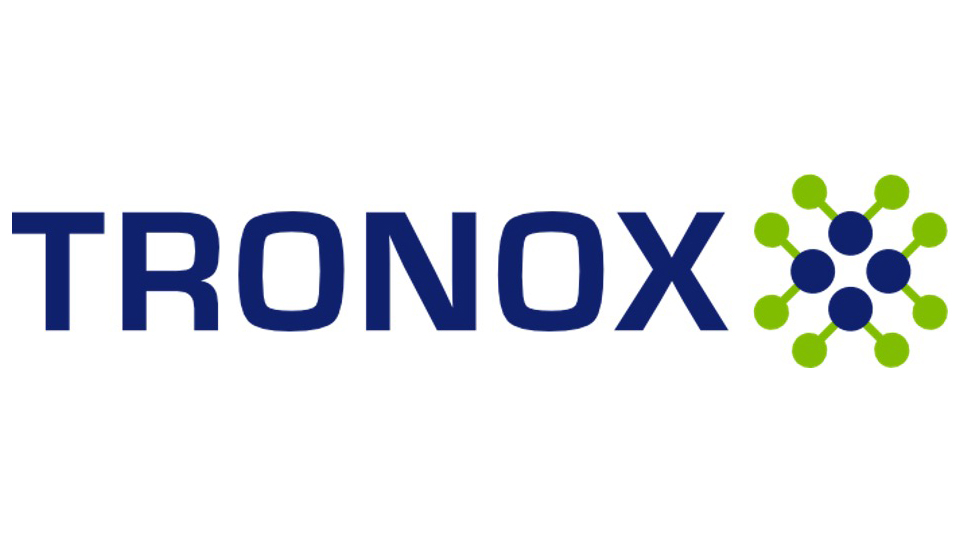
The Client: Tronox is a vertically integrated producer of titanium dioxide and inorganic chemicals, which add brightness and durability to paints, plastics, paper, and other everyday products.
The Challenge: Tronox’s Hamilton, Mississippi plant aims to always carry a variety of process chemicals in inventory to assist in pigment operations as needed. The initial process for tracking this inventory included a series of spreadsheets through which one person was manually inputting when a new delivery was expected and when each chemical would theoretically be consumed. This process made the plant susceptible to stockouts when inventory became unavailable due to the lack of warning that a chemical was running low. The QUEST team was tasked with developing a visible system or dashboard to assist with inventory planning and allow Tronox to avoid chemical stockouts.
The Deliverables: Using a design thinking approach, the team gained a deep understanding of the operations at the Hamilton plant through a fishbone diagram and root cause analysis. For additional background, the team facilitated a series of benchmarking interviews with other Tronox sites. Leveraging insights from these interviews and findings from secondary research, the team constructed its main deliverable: a PowerBI dashboard visualization tool. Created with the ultimate goal of reducing stockouts through increased transparency and decision-making support, the dashboard includes a consolidated view of inventory, projected weekly usage, and a suggested reorder date calculator. To further cut down on manual processes, the team streamlined over fifteen individual Excel tabs into a single sheet for easier data input and storage.
Impacts:
- $100,000 saved per hour
- 2 hours saved per day
- Expanded job flexibility
- Improved knowledge management
“Talking with the team has been the highlight of these past few weeks. Having a fresh perspective coming into our facility saying, ‘Hey, have you thought about this?’ is the most beneficial thing we could have.” — Juanita Meyer, Regional Supply Chain Manager
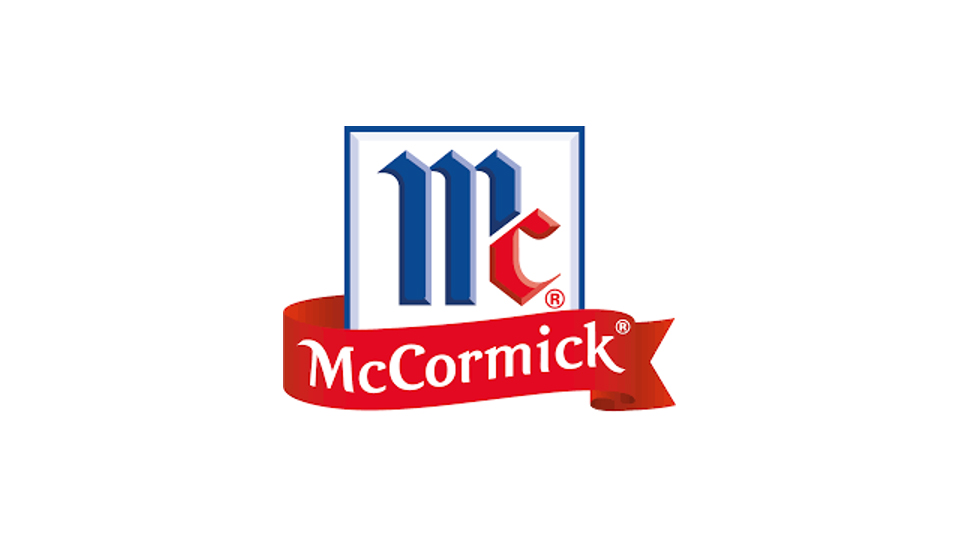
The Client: McCormick manufactures, markets, and distributes spices, seasoning mixes, condiments, and other flavorful products to the entire food industry—retail outlets, food manufacturers, and food service businesses.
The Challenge: Engineers at McCormick’s Hunt Valley plant suspected that high humidities and temperatures were impacting line performance. Certain products became stickier at higher temperatures and humidities, causing lines to shut down for cleaning. This practice was causing increased downtime, lowering the efficiency and profitability of lines. McCormick tasked the QUEST team with analyzing spice properties and data from plant sensors to understand how plant conditions relate to line performance and estimate how much money could be saved by implementing more climate control measures at the plant.
The Deliverables: The team conducted on-site interviews with various stakeholders at the Hunt Valley plant, such as line technicians and various levels of management. The team then synthesized the data provided by the client in order to quantify the magnitude of the humidity problem and justify the purchase of an improved climate control system. The team recommended that McCormick allocate up to $2,200,000 for a climate control system, maintain plant conditions to ensure a maximum absolute humidity of 12 grams of water/m3, and use a diagnostic tool developed by the team for future analysis.
Impacts:
- $765,000 saved per year
- 520,000 lbs of product saved per year
- Increased safety and employee satisfaction
“Through intense data analysis and hands-on testing, the students were able to identify and extract considerable financial savings for our site. This has allowed us to cost-justify improvements for the HVAC system at the Hunt Valley Plant, which will both save our site money and raise the morale of our employees.” — Jonathan Kalman, Continuous Improvement Manager
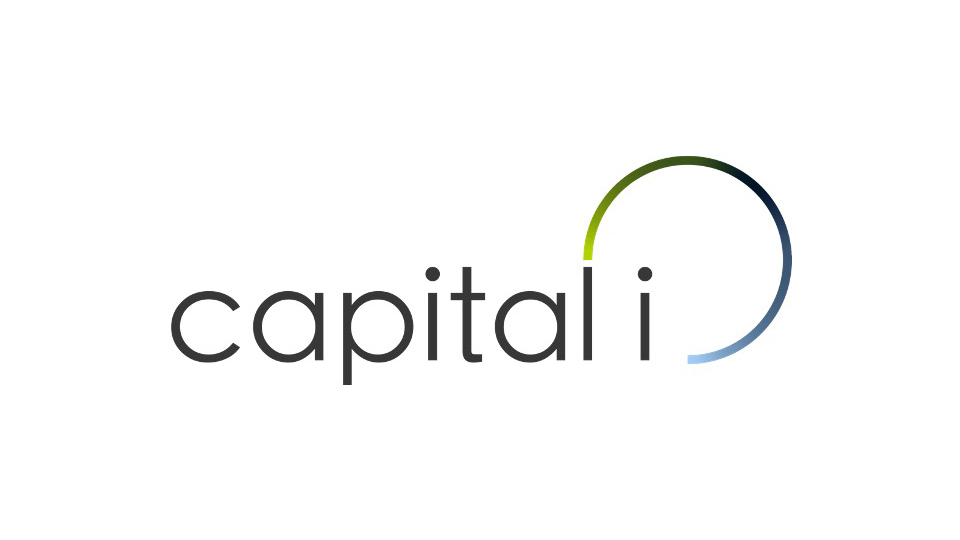
The Client: Capital i, LLC is a Healthcare Technology Management (HTM) Solutions company founded in 2018 that specializes in serving hospitals by managing and maintaining their inventory of medical devices while supporting and meeting compliance requirements.
The Challenge: At the time the project was scoped, Capital i’s CEO manually priced each request for proposal (RFP) submitted to the company by manipulating data in Excel sheets and relying on his expertise. To streamline this process and reduce risk while freeing up time, Capital i tasked the QUEST team with creating a more systematic approach to pricing their client contracts.
The Deliverables: The team undertook extensive research to gain a comprehensive understanding of the current pricing system and its significance within the company. These interviews yielded insights into the crucial variables influencing the pricing process and the key considerations involved in determining the final price. Following this qualitative research phase, the team utilized quantitative and categorical datasets pertaining to equipment maintenance and previous transactions provided by Capital i. Data analysis was conducted to create several models that can be used to translate previously human factors to automated ones that can predict and eventually recommend contract prices. The development of an automated pricing tool aims to assist the CEO in pricing by providing a systematic, data-driven approach, saving time and money.
Impacts:
- $120,000 saved annually
- 600 hours saved annually
- 30% annual capacity growth
“I cannot say enough good things about the professionalism, creativity, and work ethic of all the students we worked with. Capital i has come to rely on the QUEST team projects to give us a bump in productivity and provide a higher level of support to our clients in the healthcare delivery space.” — Tony Danko, CEO
Recent Capstone Project Sponsors






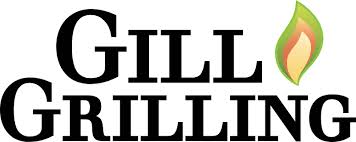
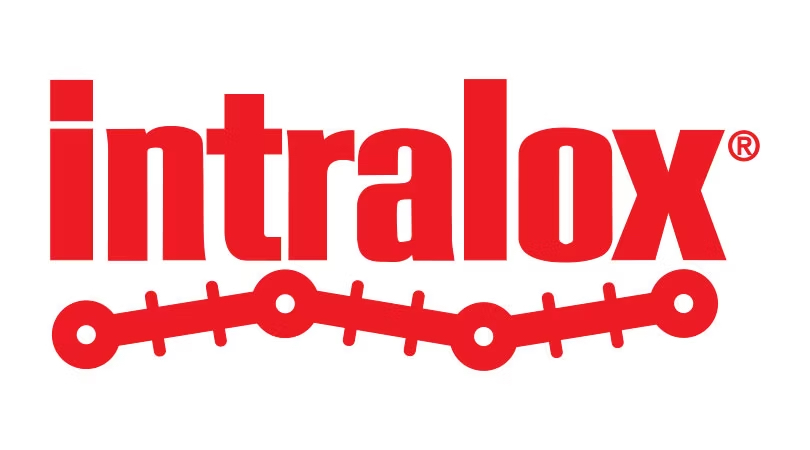

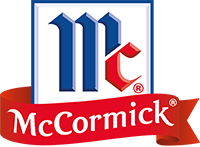
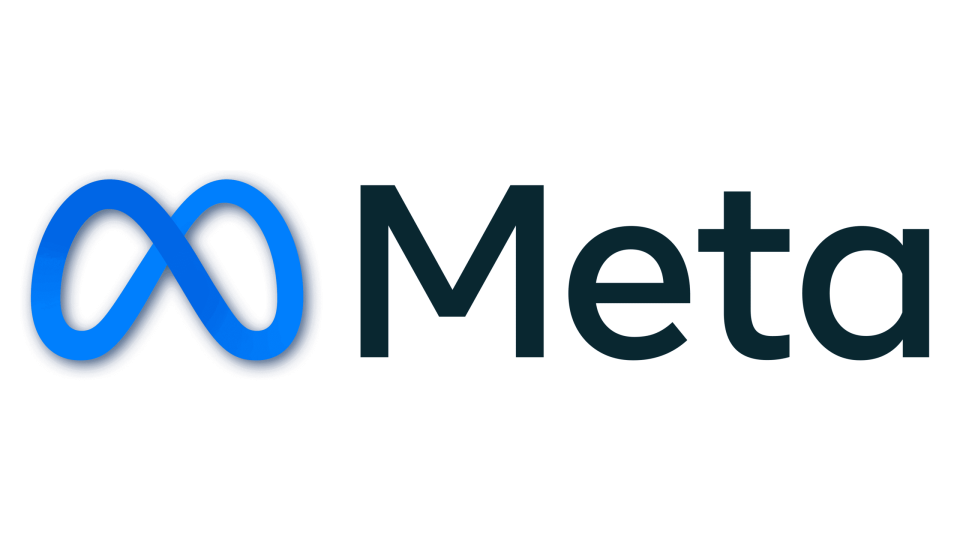




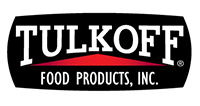
In order to help prospective sponsors understand the benefits and limitations of sponsoring a QUEST Project, the Sponsored Course Agreement terms can be viewed or downloaded as a PDF. These terms were created with the object of providing sponsors the maximum benefit possible while protecting our students from undue legal liability.
The following is a summary of key agreement terms:
- UMD Students: Students are not employed by the University and cannot be legally bound by the Sponsored Course Agreements. In order to protect students, UMD cannot permit students to sign other agreements drafted by the Sponsor.
- Confidential information of the Sponsor: Sponsors are discouraged from providing highly sensitive information including trade secrets to course participants. Although students cannot be a party to the Sponsored Course Agreement, the students and course instructor will sign an acknowledgment statement agreeing to protect the confidential information of the sponsor. The sponsor is not permitted to share information protected by legal statute i.e. export-controlled, HIPAA, CUI, etc., with participants.
- Project deliverables: Project participants will use reasonable efforts to conduct the project and present project results and recommendations to the sponsor at the completion of the project. However, the Sponsored Course Agreement does not guarantee any particular results or deliverables and the sponsorship fee shall not be contingent upon any deliverable.
- Intellectual Property (IP): UMD policy requires that students own IP they create in connection with course work. UMD cannot require students to assign their IP to project sponsors. However, in accordance with the Sponsored Course Agreement terms, sponsors will jointly own rights to project results so long as sponsor employee(s) participate in the project by providing guidance, direct input, or information that is used in the development of project results. UMD students will sign a statement acknowledging joint ownership of project results.
- UMD legal status: UMD is a governmental entity of the State of Maryland. With regards to legal jurisdiction, liability, and related contractual terms, UMD is bound by state law, policy, and the consent of the Maryland Attorney General. UMD is unable to negotiate alternate terms and conditions for course sponsorship.
The full Sponsored Course Agreement terms will be incorporated by reference in the Sponsored Course Agreement. If you have questions about the Terms or would like to request a copy of the agreement form, please contact Jessica Roffe at jroffe@umd.edu or 240-468-7525.
ONGOING
Corporate partners set up an initial project brainstorming meeting (in person or via phone/teleconference) with QUEST staff and scoping students.
0–2 MONTHS OUT
Partners work with QUEST staff to finalize the project scope and parameters and prepare data.
SEMESTER BEGINS
Partners attend a kickoff meeting on campus with student teams.
THROUGHOUT SEMESTER
Partners meet regularly with student teams and coordinate site visits and stakeholder interviews.
END OF SEMESTER
Partners attend the final project presentation on campus and student teams present on-site as well.
AFTER SEMESTER
Partners complete a post-project call with QUEST staff and post-project survey 6 months later.
TOTAL TIME COMMITMENT
~5 hours of prep before the semester (project scoping and information gathering)
~1-2 hours per week during the semester (meetings with students and supporting student data gathering)